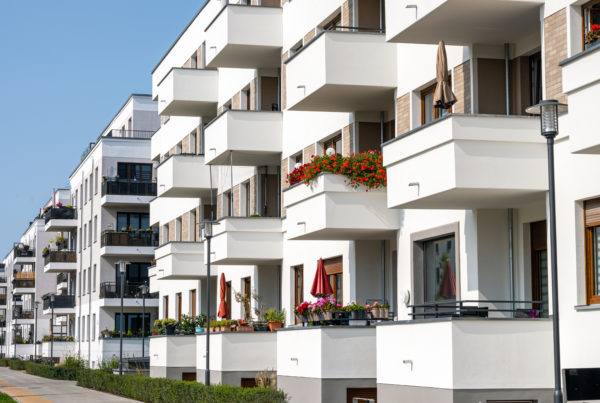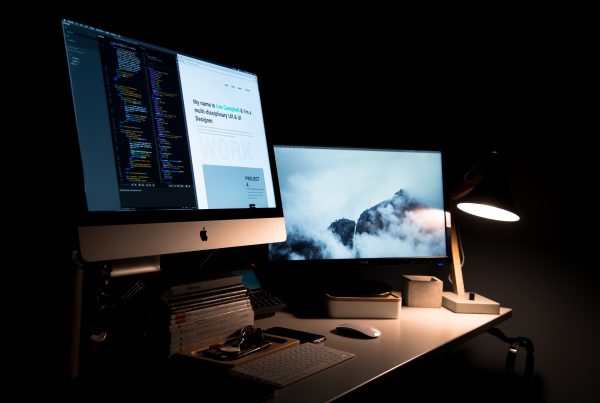The hospitality industry thrives on customer satisfaction. Whether it’s a hotel, resort, or restaurant, providing an exceptional guest experience is the cornerstone of success. With the rise of technology and increasing customer expectations for instant service, businesses in this sector have embraced automation to improve service quality, streamline operations, and stay competitive. One of the most significant advancements in this area has been the use of chatbots.
Chatbots, powered by artificial intelligence (AI), have revolutionized customer service by providing instant, 24/7 support. In particular, they are transforming how hotels and other hospitality businesses handle frequently asked questions (FAQs), making the process more efficient and user-friendly. In this blog post, we’ll explore how chatbots are changing the hospitality landscape and the benefits they bring to both businesses and guests.
What are Chatbots?
Chatbots are AI-driven software programs designed to simulate human conversations. They can be integrated into websites, mobile apps, and social media platforms to provide automated customer support. By leveraging natural language processing (NLP) and machine learning, chatbots can understand and respond to user inquiries in a way that feels natural and conversational.
In the hospitality industry, chatbots can be programmed to assist with various tasks, such as answering guest queries, managing bookings, providing recommendations, and more. Their ability to automate responses to common questions has made them an invaluable tool for enhancing guest interactions.
The Role of Automation in the Hospitality Industry
One of the primary uses of chatbots in hospitality is to answer frequently asked questions. Every day, hotels and restaurants receive numerous inquiries that are often repetitive. These include questions about check-in and check-out times, cancellation policies, room availability, dining options, and local attractions. Rather than having staff respond to the same questions repeatedly, chatbots can be deployed to handle these routine inquiries efficiently.
1. 24/7 Availability
A significant advantage of chatbots is their ability to provide instant, round-the-clock support. Guests no longer have to wait for business hours or rely on email replies. Whether a guest needs information at 2 AM or during peak hours, the chatbot can offer immediate assistance, enhancing the guest experience and freeing up staff to focus on more complex tasks.
2. Faster Response Times
Implementing automation in the hospitality industry ensures that guests receive faster responses compared to traditional live chat managed by staff. Delays in addressing basic inquiries can cause frustration and dissatisfaction. Chatbots, however, offer real-time answers, delivering information within seconds. This quick response not only enhances customer satisfaction but also increases the chances of converting potential guests who are considering booking.
3. Consistency in Responses
Human agents may inadvertently provide inconsistent or incomplete information, especially during busy periods. Chatbots, on the other hand, are programmed to deliver consistent, accurate responses every time. Whether it’s providing information on amenities, directions to the property, or details on available services, chatbots ensure that guests receive the correct information without errors.
4. Language Support
Many chatbots come equipped with multilingual capabilities, allowing them to communicate with guests from different parts of the world in their preferred language. This feature is particularly valuable for international travelers, who may not speak the local language fluently. With chatbots offering support in multiple languages, hospitality businesses can cater to a broader, more diverse audience.
5. Personalisation
Advanced chatbots can use data to personalise responses. For instance, if a chatbot knows that a guest has stayed at the hotel before, it might offer personalised recommendations based on past preferences. This level of customisation can enhance the guest’s experience and build loyalty.
6. Reducing Staff Workload
By automating responses to routine FAQs, chatbots significantly reduce the workload for front desk and customer service teams. This allows staff to focus on higher-value interactions, such as handling special requests, resolving issues, and providing a more personalised level of service for guests with complex needs.
Benefits for Hospitality Businesses
1. Cost-Effective Solution
Hiring and training staff to handle customer inquiries 24/7 can be expensive. Chatbots provide a cost-effective alternative by automating a large portion of customer interactions. This can lead to significant savings, particularly for small and medium-sized businesses that may not have the budget for extensive customer service teams.
2. Improved Guest Satisfaction
Guests appreciate quick, easy access to information. By providing fast, accurate responses, chatbots help create a positive impression, leading to higher satisfaction rates. Satisfied guests are more likely to leave positive reviews and return for future stays, benefiting the business in the long run.
3. Increased Bookings and Conversions
For potential guests browsing a hotel’s website or social media pages, immediate answers to their questions can make the difference between making a booking and moving on to another option. This is why automation in the hospitality industry is particularly important when designing strategies to improve guest experience. Chatbots can engage users in real time, address their concerns, and guide them through the booking process, ultimately increasing conversions and improved guest satisfaction.
4. Scalability
As businesses grow, managing an increasing volume of customer inquiries can become challenging. Chatbots can easily scale to accommodate this growth without the need for additional staff. Whether a hotel is handling 100 or 1,000 queries a day, a chatbot can manage the load efficiently.
Future of Chatbots in Hospitality
As technology continues to evolve, chatbots are becoming even more sophisticated. Future advancements in AI and machine learning will allow chatbots to handle more complex interactions, making them an even more integral part of the hospitality experience. They may eventually be able to offer fully personalized concierge services, assist with in-room features, and provide detailed local recommendations, further enhancing their role in customer service.
Conclusion
Automation in the hospitality industry is no longer a luxury—it’s a necessity. Chatbots are at the forefront of this shift, providing an efficient, cost-effective solution for handling frequently asked questions and improving the overall guest experience. With 24/7 availability, fast response times, and the ability to scale with the needs of the business, chatbots are transforming how hospitality businesses operate, all while enhancing customer satisfaction.
For businesses looking to stay competitive in the fast-changing hospitality landscape, integrating chatbot technology is a step toward a more efficient, customer-centric future. Get in touch with our team to find out more about how W4B can help you build a strategy to scale your short-lt business more successfully.







